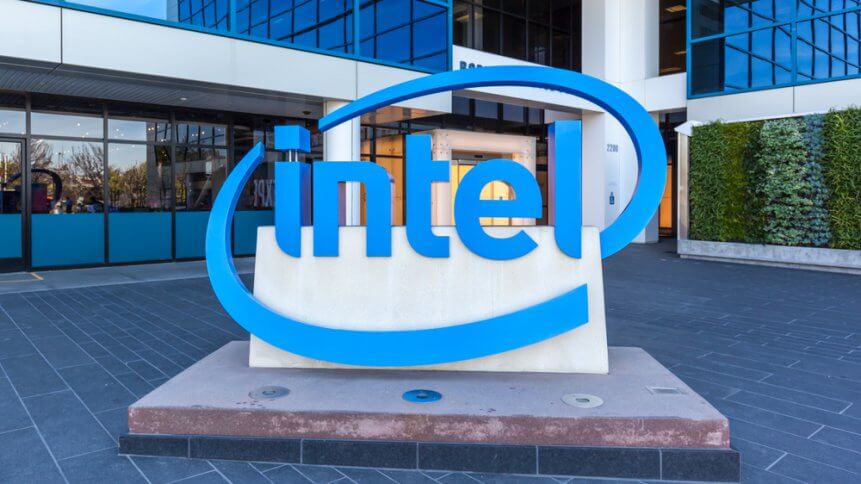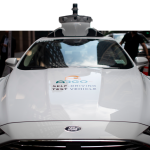Intel continues AI surge with $2bn processor firm buyout

Intel has struck a US$2 billion deal for Israel-based AI firm Habana Labs, a developer of programmable deep learning accelerators for the data center.
The acquisition will “turbocharge” Intel’s offerings for the data center, it said in a release, “with a high-performance training processor family and a standards-based programming environment to address evolving AI workloads.”
Navin Shenoy, Executive Vice President and General Manager of the Data Platforms Group at Intel, said; “This acquisition advances our AI strategy, which is to provide customers with solutions to fit every performance need – from the intelligent edge to the data center.”
Habana will remain an independent business unit and will continue to be led by its current management team, reporting to Intel’s Data Platforms Group, home to Intel’s broad portfolio of data center-class AI technologies.
Heterogeneous AI
Intel said it expects the AI chip market to exceed US$25 billion by 2024. Its own revenues from AI this year have risen 20 percent since 2018, accounting for more than US$3.5 billion, amid a slowdown in PC sales.
The Californian tech firm has made a string of AI acquisitions including Movidius, Nervana, Altera, and Mobileye, which specialize in various applications, including self-driving vehicles in regard to the latter.
Speaking to Reuters, Shenoy explained how the decision to add Habana’s chip technology, aimed at deep learning in the data center, to its suite, came as a result of growing AI uptake, and customers’ “heterogeneous” needs for AI.
“The market opportunities are significant and large enough that we can build out a specialized portfolio to go solve those problems and do it in a way that customers feel good about and respond well to.”
In regard to Habana in particular, its deep learning accelerators, such as the Gaudi AI Training Processor, are capable of delivering four-times the throughput of systems built with GPU equivalents.
YOU MIGHT LIKE

Intel to take on Nvidia & AMD with GPUs for AI
These powerful computing systems can host applications in artificial neural networks, machine vision, and machine learning, with end-uses in robotics, IoT and other sensor-driven tasks that are intensive of data loads.
“We know that customers are looking for ease of programmability with purpose-built AI solutions, as well as superior, scalable performance on a wide variety of workloads and neural network topologies,” said Shenoy.
“That’s why we’re thrilled to have an AI team of Habana’s caliber with a proven track record of execution joining Intel. Our combined IP and expertise will deliver unmatched computing performance and efficiency for AI workloads in the data center.”
AI is becoming an increasingly central part of Intel’s business— it expects AI solutions to comprise more than US$3.5 billion of its revenue in 2019.
Last month, the firm unveiled chips built specifically for cloud to edge AI deployment— built from Nervana’s technology— as well as its next-generation Movidius Vision Processing Unit (VPU).
In October, it was rumored that Intel was preparing for the launch of a discrete graphics card in 2020, which would rival that made by sector leaders Nvidia and AMD.
Industry sources told DigiTimes about the rumored launch, explaining that the standalone GPU (Graphics Processing Unit) would target “business opportunities from the data center, AI and machine learning applications.”









